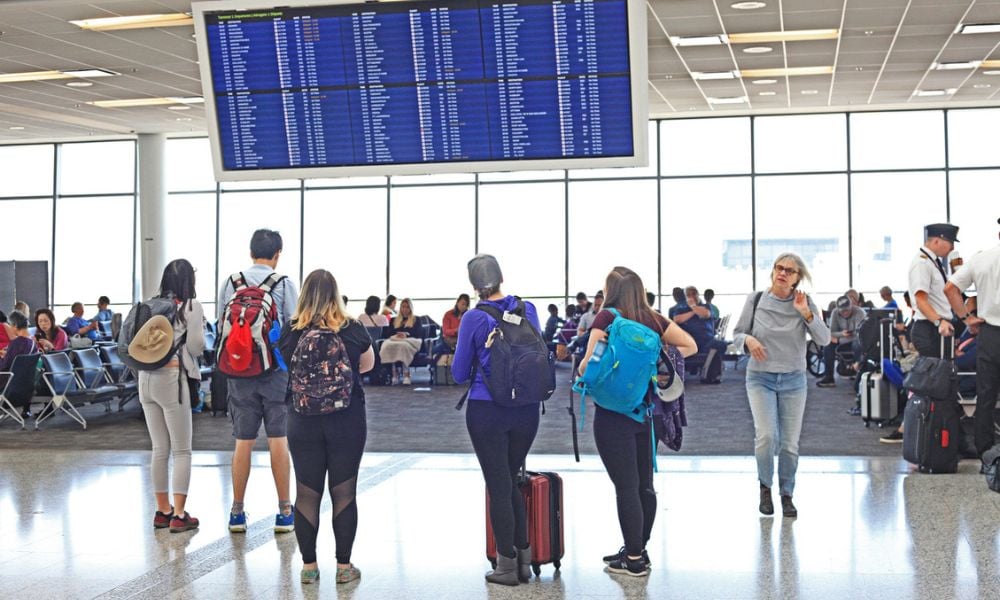Diana Palmerín-Velasco – senior director, future of work at the Canadian Chamber of Commerce – has issued a statement in response to the final report by Tomoya Obokata, United Nations (UN) investigator, about Canada’s Temporary Foreign Worker Program.
“The Canadian Chamber of Commerce condemns the mistreatment of all workers (including temporary foreign workers), and rejects the view of the United Nations Special Rapporteur that the Temporary Foreign Worker Program (TFWP) serves as a ‘breeding ground’ for ‘contemporary forms of slavery,’” Velasco said.
The TFWP has existed in Canada for over five decades. Velasco stressed that this country’s history demonstrates a respect for the rule of law.
“Through the years, a series of changes have been adopted to support [the TFWP’s] delivery and continuous improvement, and since 2022, the program has enhanced its integrity measures to further protect workers,” Velasco said in the statement.
“The Federal Government has made clear its intent to address the misuse of the TFWP and the Canadian Chamber of Commerce is supportive of this initiative,” Velasco added.
Velasco called for the government to pay attention to the concerns of employers across different industries.
“Workers who come to Canada under the TFWP act as personal support and long-term care workers in addition to helping thousands of small and medium employers outside of urban centres find the workforce they need in their communities to keep agricultural products harvested, processed, prepared and transported to consumers in cities across Canada,” said Velasco in the statement.
“The continued success of the TFWP is essential to the care of many elderly Canadians, the sustainability of farming operations and our food supply, and the affordability of goods for Canadian families,” Velasco added.
Velasco noted that the UN investigator wrote positively about certain findings in his report. For instance, he found that most employers of temporary foreign workers acted in good faith and that 94 percent complied with inspections last year.
The UN investigator also acknowledged employer initiatives to safeguard worker rights and government efforts to improve worker protections, including updated regulations obligating employers to inform workers of their rights and to ensure access to healthcare.
The investigator also accepted that BC, Manitoba, Saskatchewan, and Nova Scotia required employers to register with the relevant provincial or territorial authorities before hiring temporary foreign workers.





